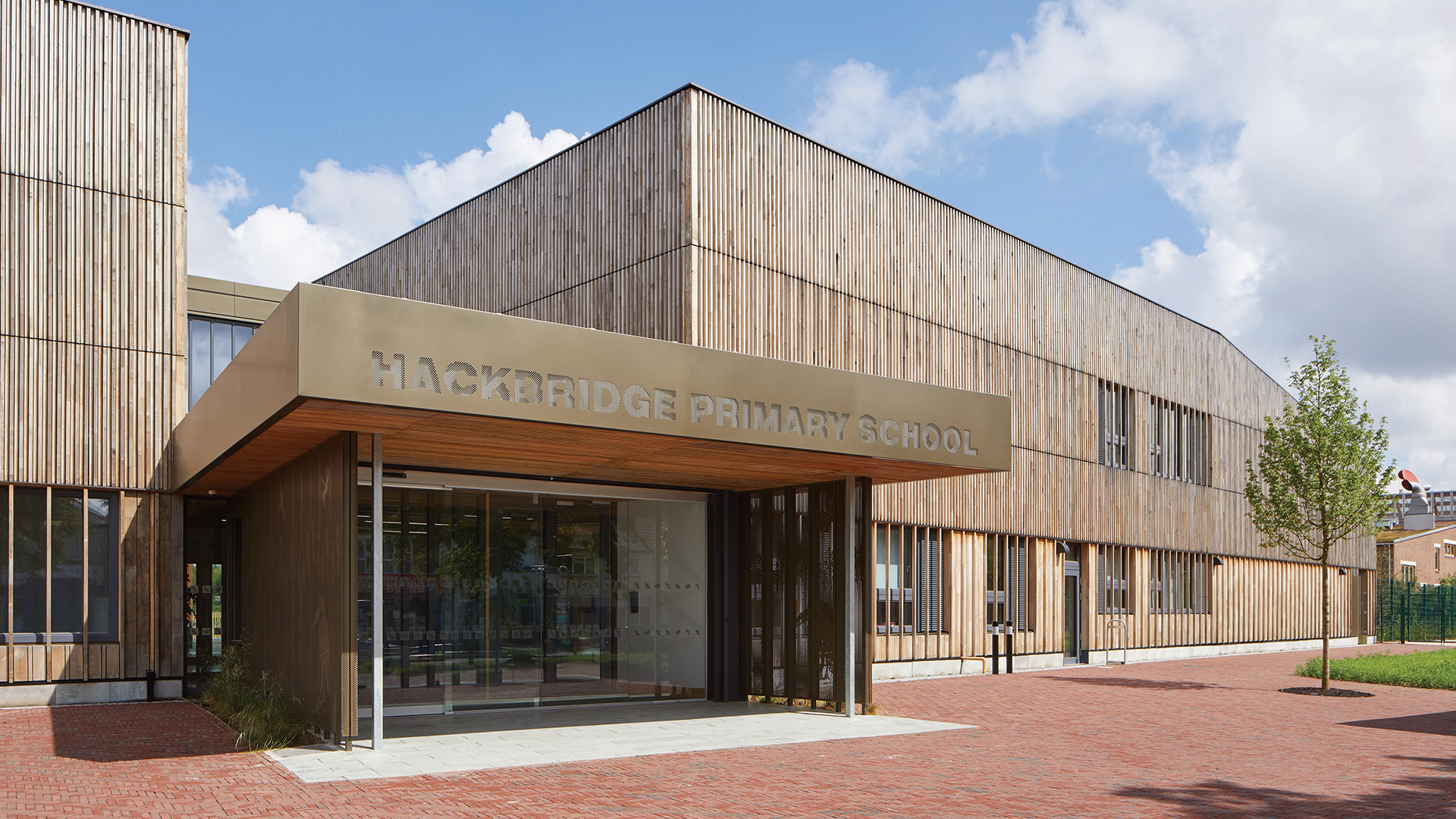Introba launches Passivhaus Playbook with Development Victoria and Australian Passivhaus Association

Demand is growing rapidly for buildings that achieve climate goals, increase climate resilience, and support the health and quality life of those living in our cities. To help that transformation, we have just published our PassivHaus Playbook, a valuable resource for the Australian industry.
We worked with Development Victoria, the Australian Passivhaus Association and Introba to create the playbook. The playbook provides a process for a technically feasible, buildable, cost-effective Passivhaus approach to new buildings in Australia.
At last count, there are at least 120,000 Passivhaus buildings around the world. Entire cities and even regions have Passivhaus is the minimum expected standard for buildings. In a world requiring tangible solutions to complex challenges — such as climate change, energy poverty, and health crises — the focus of Passivhaus on absolute performance metrics has positioned the standard as an effective part of the solution. Now is the time for the built environment in Australia to adopt it formally, too.
Passivhaus is a concept that is often suggested during design but ultimately ends up on the cutting room floor. Our team knew a 'business as usual' approach wouldn't work, so we embraced regenerative practice to catalyse a new approach.
Regenerative thinking uses an appreciation for living systems to shift outcomes from the degenerative — which focuses on “how to minimise harm” — to the regenerative, which focuses on “what good looks like”.
By recognising the development landscape as a series of nested systems, you can uncover potential that would otherwise remain obscured, allowing project teams to provoke positive change at the most effective intervention points.
Our team facilitated a series of multi-disciplinary workshops, exploring Passivhaus on a pilot project nominated by Development Victoria. This led to the creation of a nine-step pathway that covers everything from funding to design coordination, from supply chain to storytelling:
-
Establish ambition
-
Create a clear project brief
-
Engage the right people early
-
Resolve Passivhaus principles promptly
-
Focus on collaboration
-
Build it right
-
Foster new skills in your local industry
-
Get maximum value from data
-
Share and celebrate your successes
David Barker is Managing Principal, Sustainability for Introba in Australia. Connect with him for ESG, Design Analytics, Passivhaus and Advisory services.
For more Introba news and events in Australia, follow us on LinkedIn.